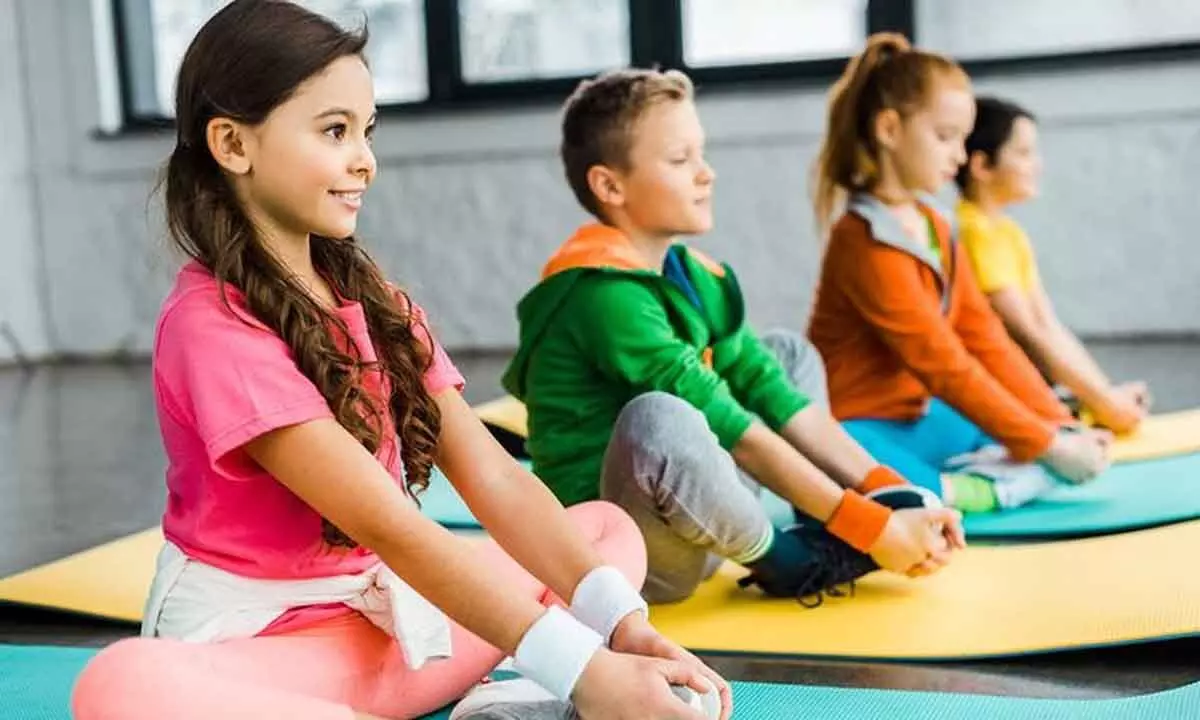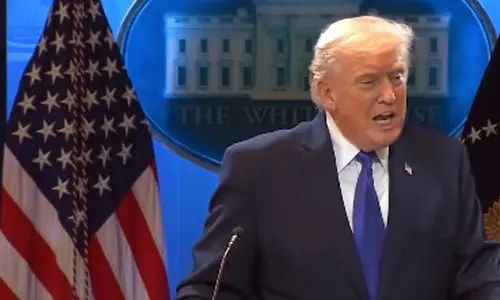Fostering critical thinking in students

Yoga, often perceived solely as a physical practice involving asanas (postures), holds a far broader scope that significantly impacts the cognitive and mental realms of practitioners. Beyond its physical benefits, yoga fosters critical thinking in students, enhancing their intellectual capabilities and promoting holistic education.
Critical thinking involves the ability to analyze information, reflect on various perspectives, and make reasoned decisions. In an educational setting, it is crucial for students to develop these skills to navigate complex problems and make informed choices. Yoga, with its emphasis on mindfulness, concentration, and self-awareness, plays a pivotal role in nurturing these abilities.
One of the primary ways yoga fosters critical thinking is through mindfulness practice. Mindfulness involves being fully present in the moment, which enhances awareness and focus. When students practice mindfulness through yoga, they learn to observe their thoughts and emotions without immediate judgment. This self-awareness is fundamental for critical thinking as it allows students to step back from their immediate reactions and consider different viewpoints. For example, during a challenging pose, students must concentrate on their breath and alignment, which requires them to stay present and focused. This practice of sustained attention can translate to improved concentration in academic tasks, enabling students to approach problems with a clear and calm mind.
Moreover, yoga encourages reflective thinking. Many yoga sessions end with a period of meditation or relaxation, providing students with an opportunity to reflect on their practice and experiences. This reflective practice can extend to their academic life, where students can review their work, assess their understanding, and identify areas for improvement. Reflective thinking is a cornerstone of critical thinking, as it involves examining one’s thought processes and making adjustments based on new insights.
Yoga promotes a growth mindset, which is essential for critical thinking. The practice of yoga is inherently non-competitive, emphasizing personal progress rather than comparison with others. This focus on self-improvement fosters a growth mindset, where students learn to embrace challenges and view failures as opportunities for learning. In the academic context, a growth mindset encourages students to take intellectual risks, ask questions, and engage deeply with the material, all of which are crucial for critical thinking.
The holistic nature of yoga also integrates ethical and philosophical teachings, often derived from ancient texts like the Yoga Sutras of Patanjali. These teachings encourage students to explore fundamental questions about life, ethics, and the nature of knowledge. Engaging with these philosophical aspects of yoga cultivates a deeper level of thinking, prompting students to question assumptions and consider broader implications of their actions and decisions.
Furthermore, the physical practice of yoga can reduce stress and anxiety, creating a conducive environment for learning and critical thinking. High levels of stress can impair cognitive functions and decision-making abilities. By practicing yoga, students can achieve a state of mental calmness and clarity, allowing them to think more clearly and critically. The breathing exercises (pranayama) and relaxation techniques in yoga activate the parasympathetic nervous system, promoting a state of relaxation that counteracts the negative effects of stress.
In conclusion, yoga extends far beyond physical postures, offering profound benefits for the cognitive and intellectual development of students. Through mindfulness, reflective thinking, a growth mindset, philosophical exploration, and stress reduction, yoga fosters critical thinking skills essential for academic success and personal growth. Integrating yoga into educational settings can thus create a more holistic and enriching learning experience, preparing students to navigate the complexities of the world with a thoughtful and analytical approach.










